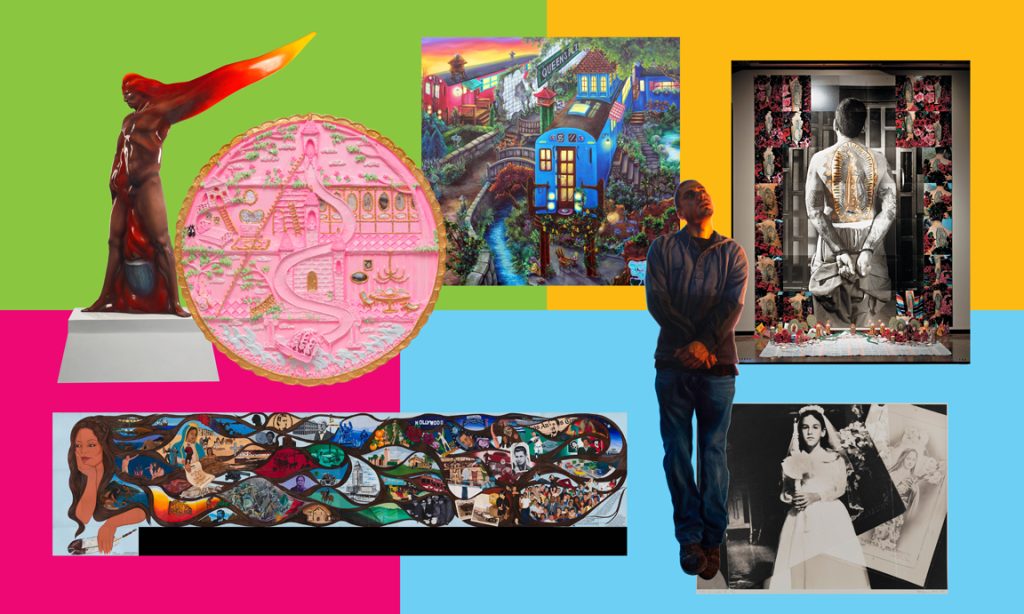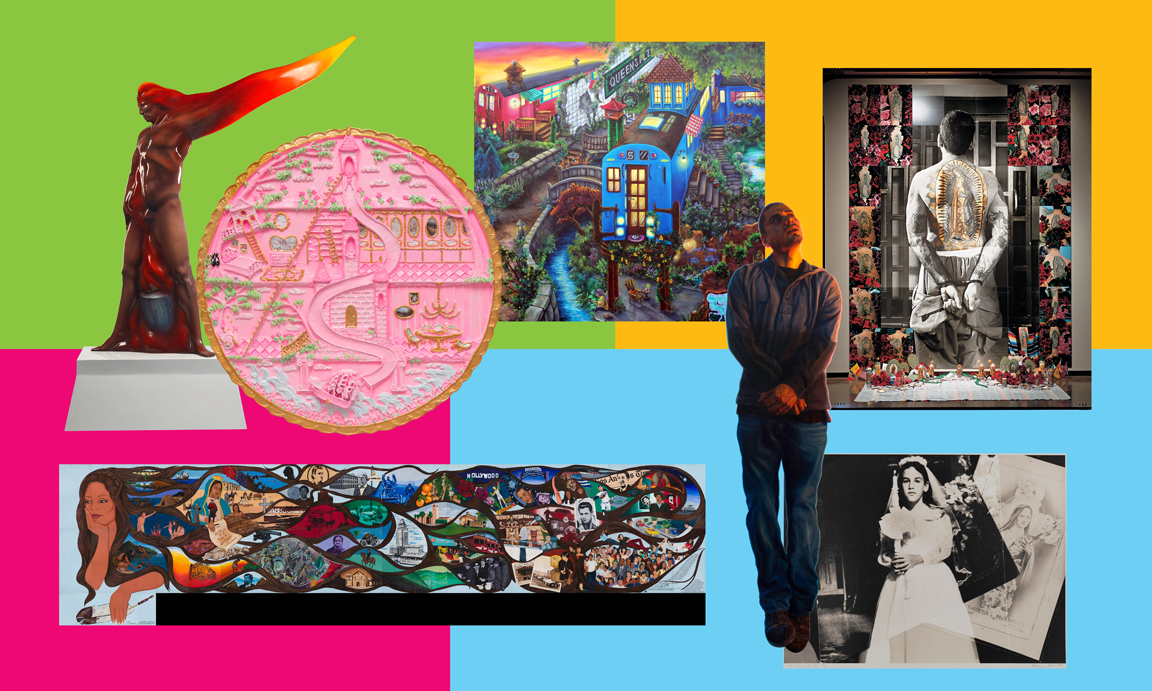
Los Angeles Museums Neglect Support for Undocumented Immigrants

The ongoing treatment of undocumented immigrants in the United States, particularly in Los Angeles, raises significant concerns about the response of cultural institutions and the broader societal implications. The presence of the National Guard in a city known for its sanctuary status highlights tensions between federal actions and local values. While Los Angeles boasts a robust arts scene with over 800 museums, only a few institutions have actively voiced support for the undoc+ community, underscoring a gap in representation and advocacy.
Despite the visibility and achievements of undoc+ artists on prominent platforms like the Whitney Biennial and the Venice Biennale, there remains a hesitancy within the arts sector to engage with the complexities of undocumentedness. This reluctance is reflected in the language used by museums and the absence of undoc+ narratives in institutional frameworks. The arts have the potential to be a powerful platform for marginalized voices, yet the current landscape reveals a need for greater inclusivity and understanding of the undoc+ experience.
Notably, community-focused initiatives, such as those led by the Japanese American National Museum, have taken bold steps in aligning their missions with the defense of human rights and democracy. By doing so, they challenge outdated policies and call for a reevaluation of practices that marginalize vulnerable communities. The call for museums to serve as sanctuaries for undoc+ individuals is an invitation to rethink the role of cultural institutions in advocating for social justice.
As arts organizations grapple with their responsibilities, there is a movement among certain nonprofits and collectives to stand in solidarity with those affected by oppressive immigration policies. The gradual shift towards recognizing the rights and dignity of undoc+ individuals within the arts demonstrates a step forward, albeit a cautious one. It remains crucial for more institutions to engage in meaningful dialogue and action to better serve the diverse communities they represent and support.
In summary, the discourse around undoc+ rights in Los Angeles presents a critical opportunity for the arts community to lead with empathy and inclusivity. By addressing these challenges, cultural institutions can forge pathways towards a more equitable future that embraces all facets of identity and experience.